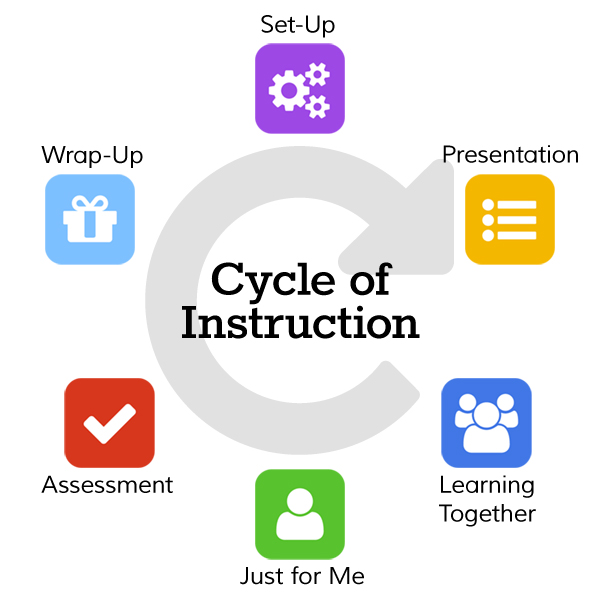Introduction
Measuring results for children who participate in preschool special education programs nationwide is a major initiative intended to identify and understand how young children develop, learn, and benefit from supports and services. Preschool special education recognizes that parents know their children best. Therefore, Maryland’s Preschool Special Education program supports a team approach that incorporates family-centered principles to understand children’s strengths and needs. Preschool special educators work in partnership with parents and teachers, and any other professionals, of preschoolers with disabilities to gather information that will help them enhance their children’s development and learning through everyday activities that are meaningful.
As of July 1, 2015 Maryland will begin utilizing the Child Outcomes Summary (COS) process, developed by the Early Childhood Outcomes (ECO) Center, to measure results for preschoolers participating in preschool special education programs (i.e., children receiving services via an Individualized Education Program, or IEP). This mirrors the process currently in place for measuring child outcomes for infants, toddlers, and preschoolers receiving services through an Individualized Family Service Plan (IFSP). The COS process includes a review of each child’s abilities related to three child outcomes adopted by the U. S. Department of Education’s Office of Special Education Programs (OSEP).
-
Children have positive social-emotional skills, including social relationships;
-
Children acquire and use knowledge and skills, including early language, communication and literacy skills; and
-
Children use appropriate behaviors to meet their needs.
The three early childhood outcomes help local and state preschool special education programs understand how children benefit from preschool special education supports and services. Engaging in the COS process also helps IFSP and IEP teams focus on functional, integrated skill development.
Module Purpose
The purpose of this introduction module is to help you understand the three child outcomes, the essential knowledge needed to participate in the COS process, and an overview of the COS rating process in Maryland. The module is divided into three sessions that focus on each of these areas:
- Understanding the Three Child Outcomes
- Essential Knowledge for the Child Outcomes Summary Process
- Overview of the Child Outcomes Summary Rating Process
As you progress through each session, you will see several reflective and self-check activities. At the conclusion of each module, you will have the opportunity to extend your learning. You are encouraged to refer back to the content in each session over time as an ongoing resource.
Cycle of Instruction
Activities in each session are organized around a cycle of instruction that follows a consistent format and sequence.
-
Set Up: Establishes the session purpose and poses a Challenge Question to guide learning.
-
Presentation: Presents the essential concepts, ideas, and skills of the session content.
-
Learning Together/Prepare to Share: Invites reflection and the opportunity to acquire resources that may be shared with colleagues to reinforce key concepts.
-
Just for Me: Allows for practice.
-
Assessment: Checks for understanding of the essential concepts, ideas, and skills.
-
Wrap-Up: Closes the session and provides directions for further learning.
With permission, the contents of the tutorial are based on adaptations of the work of the Early Childhood Outcomes (ECO) Center and Naomi Younggren, Ph.D. with the U.S. Army Medical Command, Educational and Developmental Interventions Services. Funding was provided through a U.S. Department of Education, Office of Special Education Programs IDEA Part B 619 grant awarded to the Maryland State Department of Education's Division of Special Education/Early Intervention Services.



